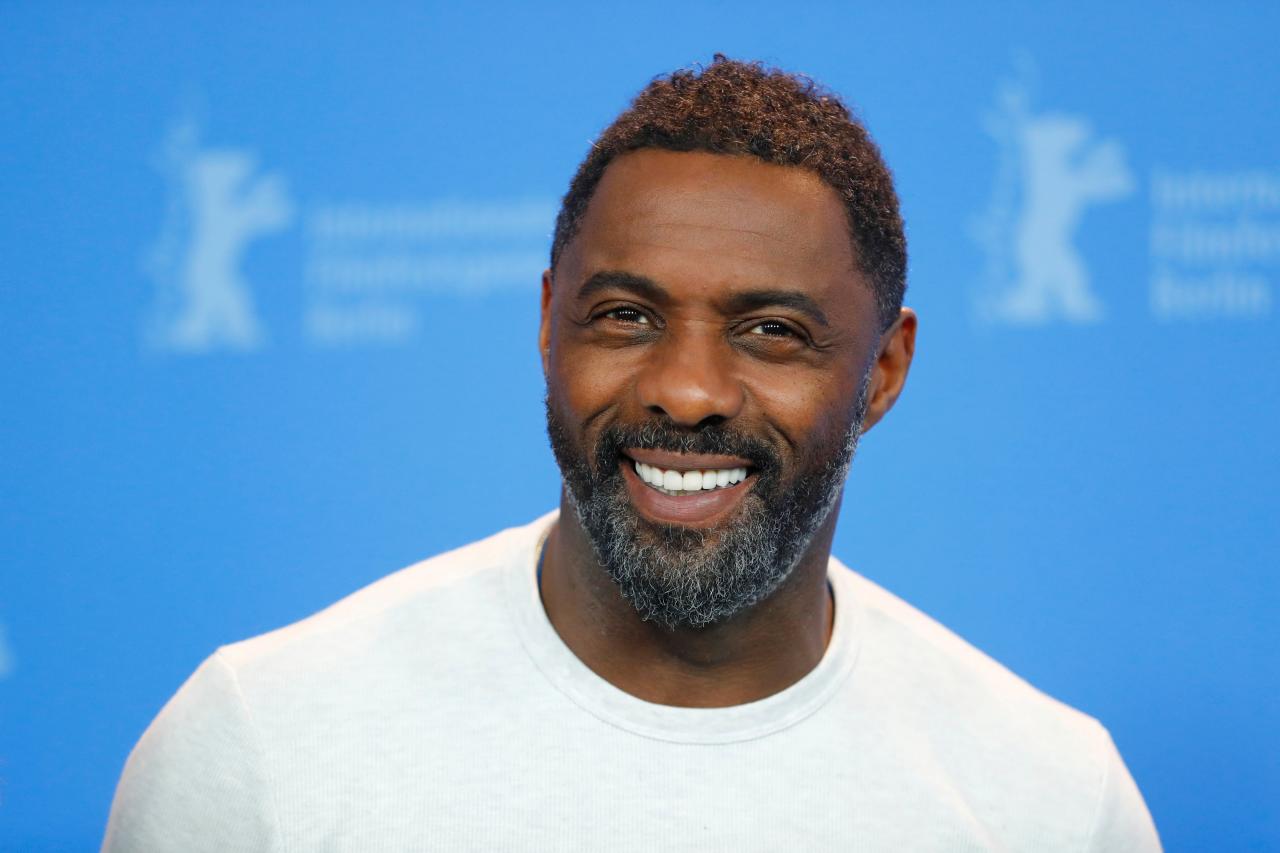Chinua Achebe’s seminal Things Fall Apart was published in 1958. The novel is iconic for its exploration of a pre-colonial Igbo community, countering the colonial narrative that portrayed African cultures as primitive or nonexistent before European colonisation. Umuofia is depicted as a rich and complex society, with its own systems of governance, spirituality, and social organisation, long before the arrival of the British. In fact, it is the Europeans who bring disorder into Umuofia, whose actions inevitably force Okonkwo into exile and eventually drive him to kill himself. Had they never ventured into Umuofia, things would never have fallen apart. Achebe challenges the then-predominant notion of the colonial project as a benevolent one, bringing order rather than sowing discord and chaos.
In a country where the history of Nigeria taught in schools (at least in my experience) often makes it seem as if our societies were a void before Lord Lugard and others amalgamated the country in 1914, Things Fall Apart is an indisputably important book. For other colonised African countries, it holds similar significance, serving as a representative voice. It is not just a Nigerian story; it is a pan-African critique of colonialism, inviting readers to see Africa as more than just a backdrop to European conquest, but as a continent rich in its own right, with stories that deserve to be told on their own terms. The humanity of African peoples, Achebe argues, is as valid as that of the Europeans.
So, any news about a new adaptation of Things Fall Apart for the screen was bound to be major, as it should be. Unfortunately, some vocal few have taken umbrage with both the producers and the actor tapped to play Okonkwo, the British-Sierra Leonean actor Idris Elba. They want Okonkwo to be played by a Nigerian, preferably an Igbo man. Names have been floating around: Elba’s fellow British actor Chiwetel Ejiofor, Nigerian actor Stan Nze, and even Pete Edochie—whom some want to be dragged out of retirement to play a virile Okonkwo simply because he portrayed the character brilliantly years ago in the NTA adaptation.
Some argue that it’s important to have an actor who understands Igbo and the cultural nuances of the book. It’s as if these folks do not understand the concept of acting—you are making believe to be someone you are not, and you’re doing it convincingly. After all, acting is a craft rooted in the ability to embody characters and experiences beyond one’s personal background. If their argument against Elba was that he was a poor actor or didn’t have the build to be a convincing Okonkwo, then that might have some merit. But arguing that Idris Elba isn’t fit to play Okonkwo because he’s not Nigerian—or specifically Igbo—feels like an unnecessary and ridiculous narrowing of possibilities.
- Best Kratom Vendors of 2024: Where To Buy High Grade Kratom Online
- Gunmen abduct women, kill vigilante commander in Kwara
It’s also worth noting that none of the actors being mentioned have publicly expressed doubts about Elba’s ability to portray Okonkwo simply because he’s not Nigerian. Chiwetel Ejiofor himself has portrayed a wide range of characters across cultural and national lines. He played the African American Solomon Northup in 12 Years a Slave, an American story, and his directorial debut is a Malawian story in which he plays the lead.
Furthermore, insisting that Okonkwo must be played by a Nigerian or Igbo actor overlooks the universality of Achebe’s themes. Things Fall Apart is a Nigerian story, yes, but it is also a tragic, human story. I agree that the casting of such an iconic role should be approached thoughtfully, and nothing so far points to that not being the case.
It is also worth noting that no writer has been assigned to the movie yet, and that apparently, the Achebe Estate is working closely with A24th What should matter, more than nationality or ethnicity, is whether we believe Idris can carry the weight of Achebe’s vision, portraying Okonkwo’s inner turmoil, his rise and tragic fall, and the greater implications of colonial disruption.
If Idris can do that, (and having seen him in several films, I am certain that he can) then he is as worthy of the role as anyone else. Besides, a good production will ensure that the nuances of Igbo culture and language are respected, regardless of the actor’s background.
It is also worth noting that “No writer is currently attached to the project… (and Elba) will executive produce along with Gina Carter under their recently-launched 22Summers production banner. David Oyelowo and Amanda N’Duka will executive produce via Yoruba Saxon. Ben Forkner, Dayo Ogunyemi and Achebe Masterworks (Ogunyemi, Achebe’s widow and three children are on its board) also serve as executive producers.”
There are also those who are upset that Nollywood isn’t producing this. The only thing I have to say to them is this: you know Achebe has other novels? And there are other stories by Nigerian writers worth adapting? And there are writers you can commission to write you one? Reach out (for the rights) now instead of playing the tired victim card, and manufacturing outrage when someone else does.

 Join Daily Trust WhatsApp Community For Quick Access To News and Happenings Around You.
Join Daily Trust WhatsApp Community For Quick Access To News and Happenings Around You.


